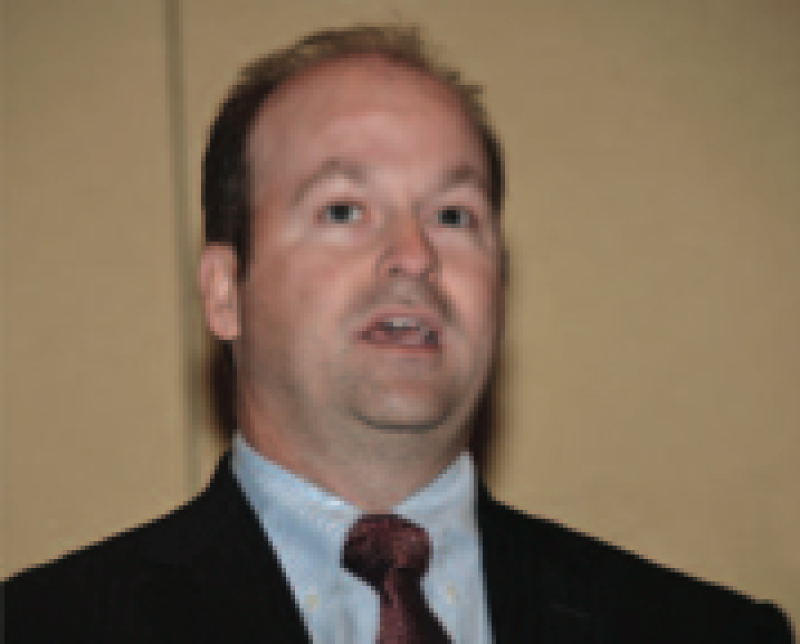Patent Trial and Appeal Board (PTAB) proceedings are focused on efficiency, providing a cost-effective alternative to invalidating a patent through litigation. But this has its drawbacks: Administrative Patent Judges (APJs) tend to be less tolerant of lawyers’ sideshows, mistakes and other deviations from standard procedure. During a session at AIPLA yesterday, Navigating the Brave New World: Charting a Course through the PTAB and the Federal Courts in the Wake of the America Invents Act, panelists discussed some of the lessons they have learned in the year since the PTAB came into effect under the AIA.
“From an in-house perspective, there’s no question that the various new post grant challenges available under the AIA represent a major change in strategy,” said Samir Pandya of SAP. He said the relative speed and low cost of the new proceedings incentivize cheaper settlements. For example, the PTAB offers an increased chance of staying related litigation – as of September 2013, about 65% of contested stay motions were granted.
Lesson 1: You only get one shot.

Lesson 2: APJs are diligent.
APJs will need little to no help with the basic technical issues, said Gardella. With about twice the expected case load, APJs are busy and will declare trial only on the key issues. Expert declarations should be focused on the more complex and industry-specific issues, facts not apparent from the references themselves and facts only someone in the art would know. The PTAB analysis of claim construction is thorough, and the PTAB only accepts about half of the grounds that are proposed.
Lesson 3: APJs don’t like sideshows.
Discovery in PTAB proceedings is strictly limited in order to keep costs low and diversions are “pushed to the sidelines,” said Gardella. If there is an objection, lawyers will have 10 days to submit a response.
Lesson 4: You need permission for everything.
“If it’s not explicitly set out in the rules, assume you do not have permission to do it,” said Gardella. “Again, efficiency is the key driver here.”
Lesson 5: Think of the PTAB as an appellate court.
“The ‘see what sticks’ approach doesn’t work very well with this audience,” said Gardella. Expect questions to be precise and cut right to the heart of the issue.
Lesson 6: Avoid preliminary responses. Gardella suggests that patent owners should consider “keeping your cards in your pocket” by not filing a preliminary response.









